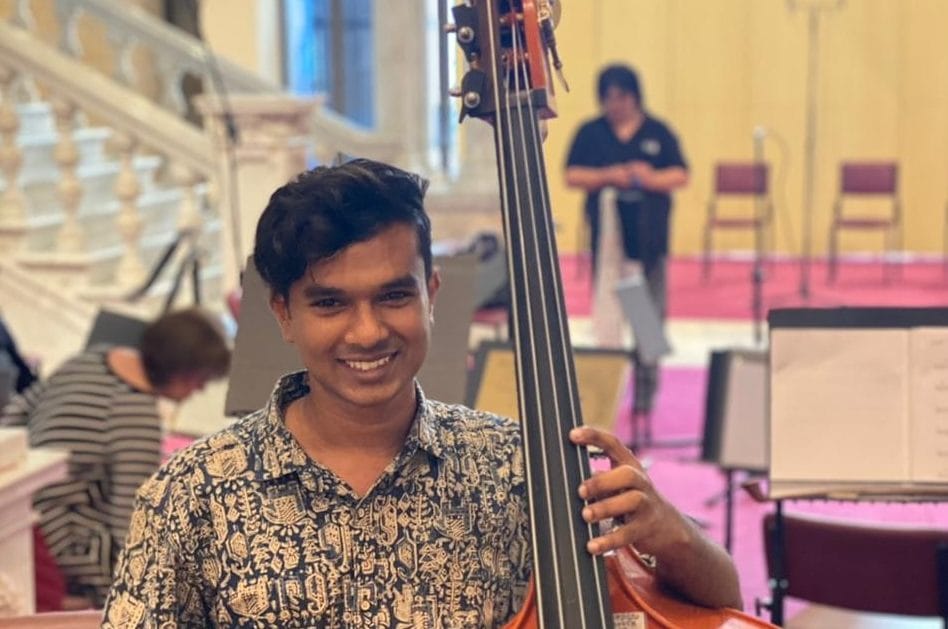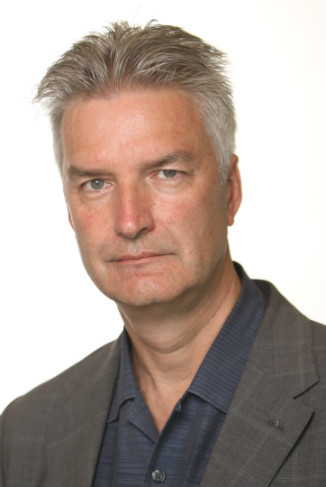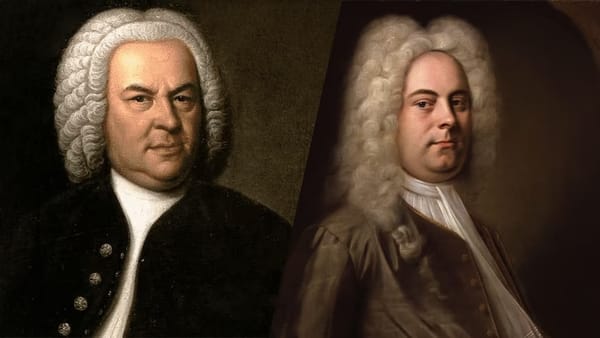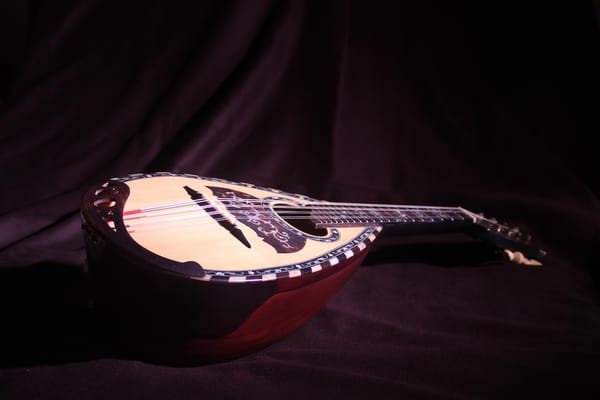Developing the next generation of Indian Musicians

It’s the Easter Holidays here in London, and I’ve just finished the third in Trinity Laban’s digital series of virtual masterclasses and workshops that we’re delivering in India as part of our International Academies programme. These include a number of two-hour classes combining individual performance classes with group musicianship and technique lessons.
We have a historic connection with the country, dating back to 1898 when the then Trinity College of Music first started examining in India, and recent online sessions, which started in 2019 following six years of in-person courses, have allowed us to engage with a wide number of students from all over the country.
One of the privileges of my job as Head of Strings at Trinity Laban is sharing expertise with talented young musicians from across the globe, and it’s incredible to see the immense achievements that are being made in India’s musical community. Through our programme, we’ve seen an increase in the number of Indian students accepted onto our degree programmes, enabling students to further their musical education in a world-leading conservatoire environment.
One such student is Jasiel Peter, whose story is a testament to the commitment of Trinity Laban’s work in India, and of the work that still needs to be done.
I encountered Jasiel on my very first visit to the Bangalore School of Music, where I have led annual week-long workshops for violin and viola players for the past seven years. At the end of the course Jasiel, who had attended as a violinist, asked me to listen to him play the double bass, as he had hopes of auditioning for Trinity Laban. I was surprised as I hadn’t realised he played the instrument, but it transpired that he’d been teaching himself from YouTube videos for only three months.
I was, however, struck by how well he played and suggested that, with a lot more work, he’d be ready to audition for the conservatoire in a couple of years.
Six months later, following online lessons with Trinity Laban double bass professor Leon Bosch, the young musician shared a video with me to show how he was getting on. I was completely blown away by his incredible improvement. He was playing pieces of at least Trinity College London Grade 8 standard.
A few months later we were able to offer him a place on our Foundation Programme. He went on to study with us for five years, making extraordinary progress which saw him complete a Masters degree in 2020.
Fast forward to 2021, where Jasiel has come full circle in his musical journey, playing professionally as a double bassist with the Symphony Orchestra of India in Mumbai. Returning home to inspire future generations of musicians is an inspiring achievement for somebody who, seven years ago, didn’t even play the double bass.
Jasiel’s success is a model for how we can continue to cultivate the emerging teaching community in India, so that the country’s musical infrastructure can ultimately be self-sustaining.
Right now, we’re able to connect with students and recognise their potential, but Jasiel’s success remains an elusive aspiration for the majority. If we are to realise our commitment to helping develop the next generation of Indian musicians, we need to significantly increase scholarship and bursary support for Indian students who otherwise could never access a Trinity Laban education.
Over the course of his training, Jasiel was supported by British Council GREAT India Scholarships, Material World Foundation and Trinity College London, and found innovative ways to self-fund both himself and his sister Joy, who joined us a couple of years ago as a violist and is the recipient of the Sama Family Scholarship.
Thanks to individual supporters, we’ve been able to introduce the India-specific Udmi Devi scholarship, as well as other funding available to Indian students, which is a fantastic start. But without a significant injection of external financial support, our goal will remain a pipedream and stories like Jasiel’s, which exemplify the strength of Trinity Laban’s determined and creative students and our extraordinary and committed teachers, will remain exceptional.
To learn more about supporting scholarships at Trinity Laban, please contact Paula Mallottides, Development Manager, at p.mallottides@trinitylaban.ac.uk.
To find out more about our online courses, or how to audition to study at Trinity Laban contact internationalacadamies@trinitylaban.ac.uk.

By Nic Pendlebury. Professor Nic Pendlebury is Head of the Strings at Trinity Laban Conservatoire of Music and Dance, London, where he leads one of the most vibrant string departments in Europe. He is also the founder and violist of the internationally acclaimed Smith Quartet renowned for their performance of new music and prize winners of the Prudential Award for the Arts.





